German senator warns of hot water rationing amid rising gas scarcity
German city of Hamburg will ration hot water of private homes and limit maximum heating temperature in case of a sharp gas shortage, its environment senator has said as Germany braces for possible outages of Russian gas imports.
"In an acute gas shortage, warm water could only be made available at certain times of the day in an emergency," said Hamburg Senator for the Environment Jens Kerstan.
Kerstan also vowed the city could further consider a general reduction of the maximum room temperature in the district's heating network, the local Welt am Sonntag daily reported on Saturday.
Households and critical institutions such as hospitals will be prioritized over industry in the third stage, according to Germany’s federal emergency plan, though that might not be possible everywhere in Hamburg for technical reasons.
"It will not be possible everywhere to differentiate between commercial and private customers in the event of a gas shortage," Kerstan further pointed out.
Government authorities are appealing to citizens and companies to slash energy consumption and help the country fill its gas storage capacity by winter while cities are also contemplating other measures if gas runs out.
As Germany rushes to find alternative gas routes and supplies with LNG as a possibility, the senator also cautioned that a temporary liquefied natural gas (LNG) terminal in Hamburg would not be operational until mid next year at the earliest.
"In the course of July we will know whether and at which location a temporary LNG terminal in Hamburg is feasible," he noted.
The daily further cited Germany's economy minister as estimating that the country’s first two temporary LNG terminals in Wilhelmshaven and Brunsbuettel should be put into operation at the end of this year.
Berlin staged two of its three-tier emergency gas plan last month after Russia reduced deliveries via the Nord Stream 1 pipeline -- a step before the government rations fuel consumption.
The development comes amid reports that surging global energy prices resulting from the Ukraine conflict has inflicted unprecedented levels of inflation in European countries using the euro.
The annual inflation in the eurozone states reached more than 8.6 percent in June, exceeding the 8.1 percent mark recorded in May, with energy prices increasing by 41.9 percent.
The price of oil has also surged in recent months – partly due to the subsiding of the coronavirus pandemic and the conflict in Ukraine – leading to a sharp rise in the price of petroleum products across the globe, especially in countries that use the euro in their transactions.
The US has also been hit hard by soaring inflation with Treasury Secretary Janet Yellen suggesting early last month that Biden administration’s proposed spending bill could help lower costs for citizens, including for prescription drugs and clean energy initiatives.
“We currently face macroeconomic challenges, including unacceptable levels of inflation as well as the headwinds associated with the disruptions caused by the pandemic’s effect on supply chains, and the effects of supply-side disturbances to oil and food markets resulting from Russia’s war in Ukraine,” she admitted.
ICC issues arrest warrants for Israel's Benjamin Netanyahu, Yoav Gallant
Israeli strikes kill 88 Palestinians in northern Gaza
American voters plainly rejected complicity in Gaza genocide: Iran FM spox
ICC should issue more arrest warrants for Israeli authorities over Gaza genocide: UN expert
Israel using AI weapons co-produced by India in Gaza genocide: Report
Israel issues new evacuation orders, shortly launches strikes on southern Lebanon
VIDEO | Press TV's news headlines
From Iraq to Gaza: The great disconnect between British people and rulers


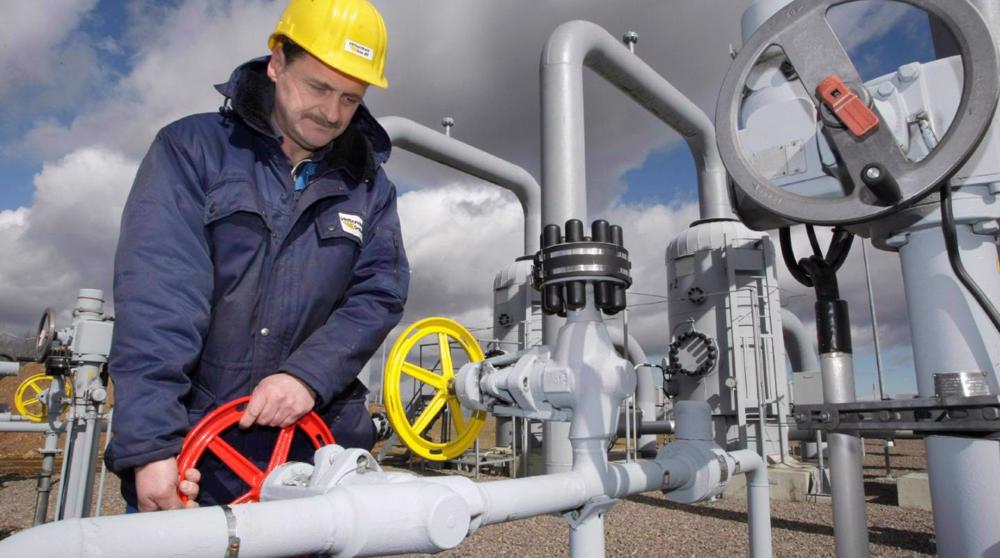



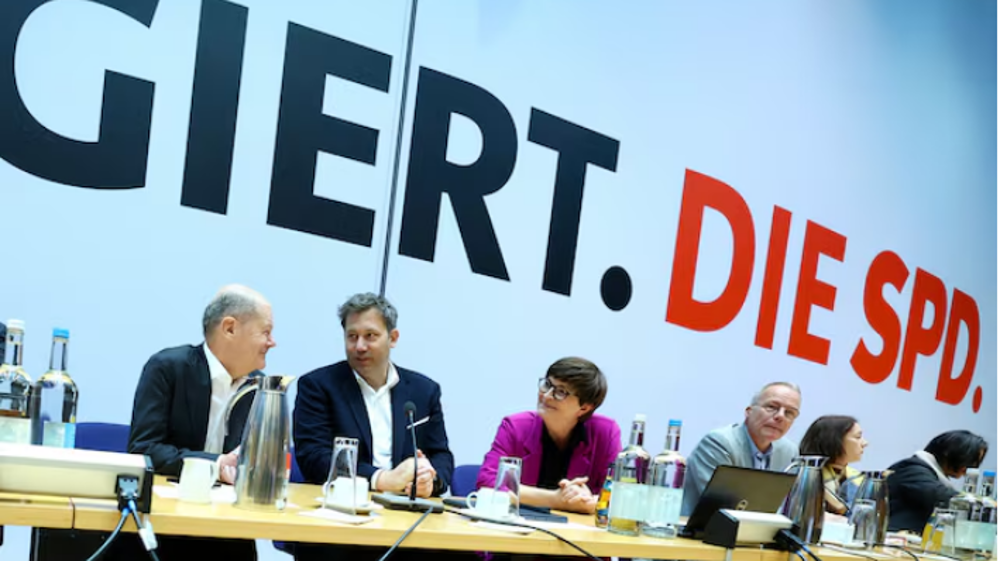



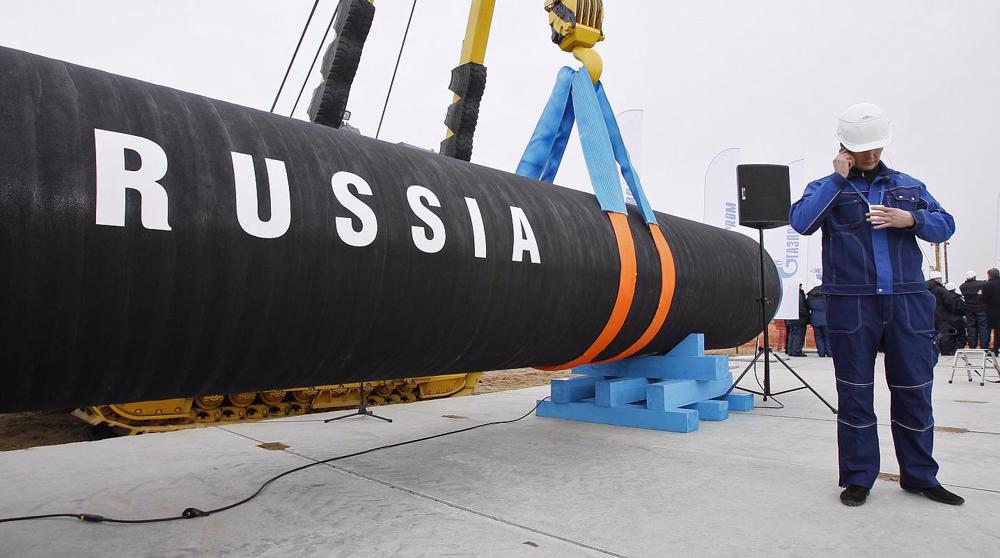
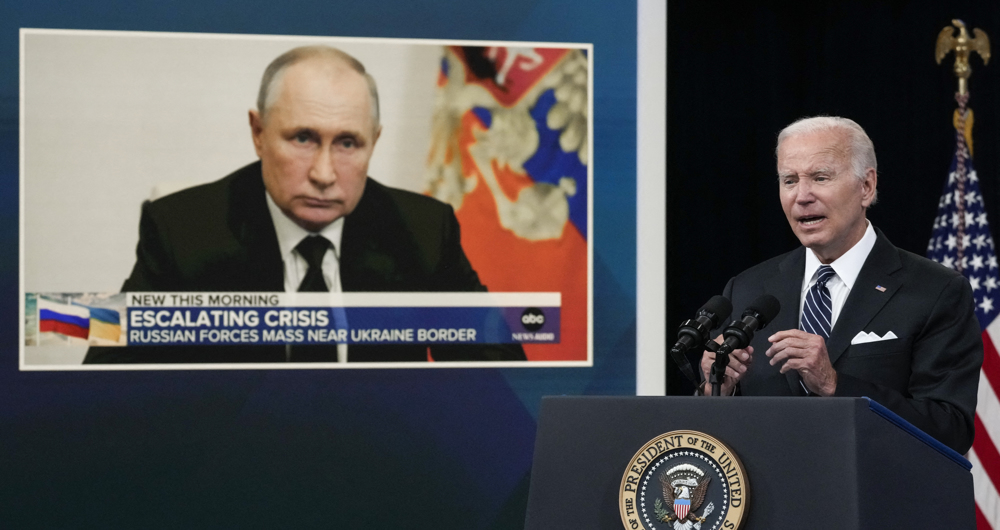
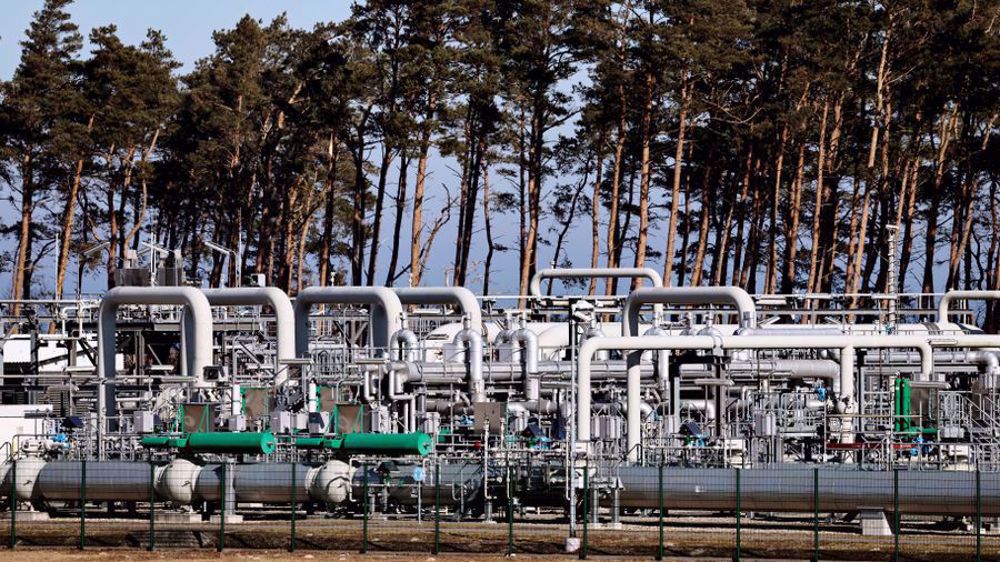

 This makes it easy to access the Press TV website
This makes it easy to access the Press TV website